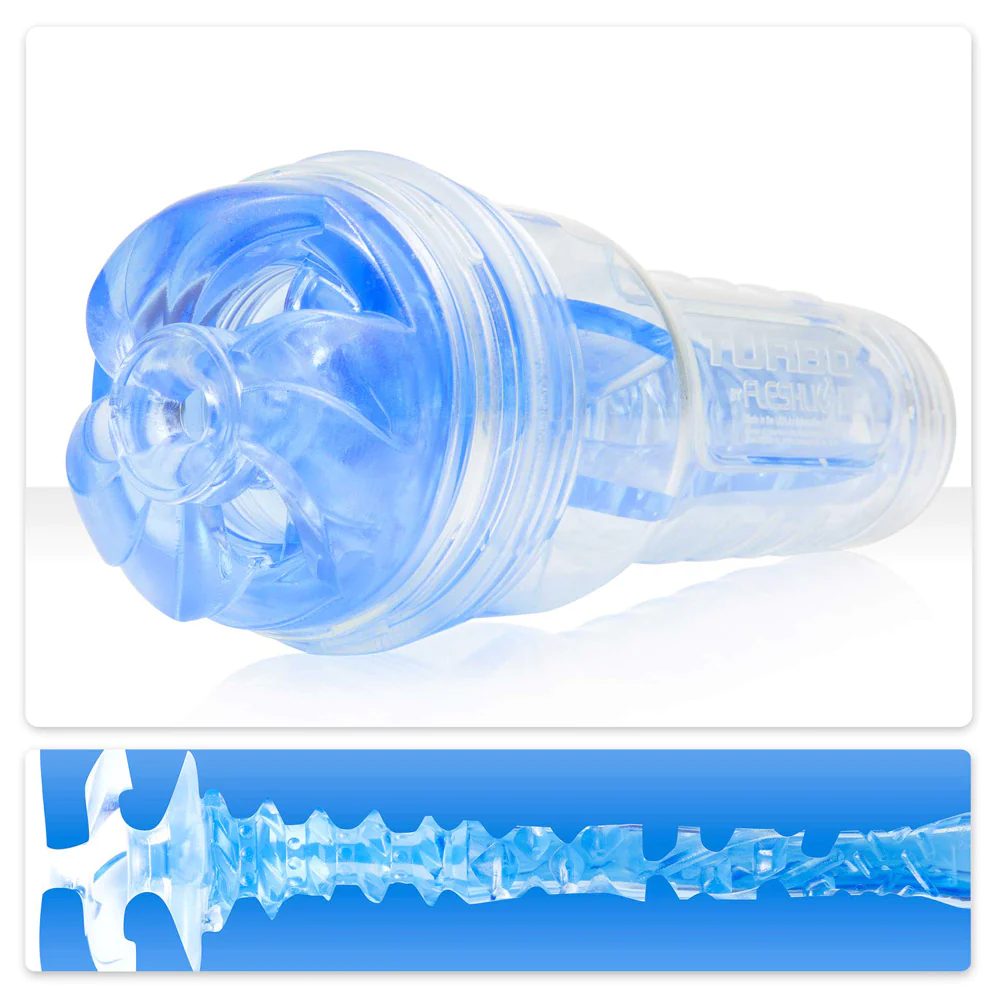Namaganda a 26 year old resident of kireka a Kampala suburb has had frequent episodes of a milky discharge from her private parts that has persistently refused to heal.
She also complains of itching from her private parts.
Most women have a vaginal candidiasis at some time in their life time and studies show that up to 75% of women will have this infection at some point in their lives and approximately 5% will have recurring episodes.
This is also called vaginal yeast infection and is mostly caused by the fungus Candida albicans which accounts for more than 80% of the infection.
Candida albicans is often found in small amounts in the vagina, mouth, digestive tract and on the skin. Usually it does not cause disease or symptoms.
It normally presents with abnormal vaginal discharge which resembles cottage cheese, painful sexual intercourse, Vaginal and labial itching and Redness and swelling of the vulva.
Many microorganisms normally live in the vagina keeping each other in balance.
However sometimes the number of Candida albicans increases leading to a yeast infection.
And this normally happens when one takes antibiotics for a long period as these can kill the good and protective bacteria in the vagina leading to growth of the fungus.
Also in conditions of pregnancy and diabetes mellitus and when the body’s immune system is low like in AIDS the chances of getting vaginal candidiasis are greatly increased.
It should be noted that this yeast infection is not necessarily a sexually transmitted illness.
However some men will develop symptoms such as itching and a rash on the penis after having sexual contact with an infected partner. So it is advisable to abstain from sex or use condoms when one of the partners is infected until they fully recover.
Having many vaginal yeast infections may be a sign of other health problems and other vaginal infections and discharges can be mistaken for a vaginal yeast infection thus it is always advisable to seek help from qualified medical personnel.
To help prevent and treat vaginal discharge Keep your genital area clean and dry.
Avoid douching because it removes healthy bacteria lining the vagina and protect against infection.
Eat yogurt with live cultures.
Where possible avoid over use of antibiotics.
Use condoms to avoid catching or spreading the infection.
Avoid using feminine hygiene sprays, fragrances powders in the genital area.
Avoid wearing extremely tight-fitting pants or shorts which may cause irritation.
Wear cotton underwear as it is very absorbent.
Avoid underwear made of silk or nylon because these materials are not very absorbent and restrict air flow as it can increase sweating in the genital area which can cause irritation.
Keep your blood sugar levels under good control if you have diabetes.
















